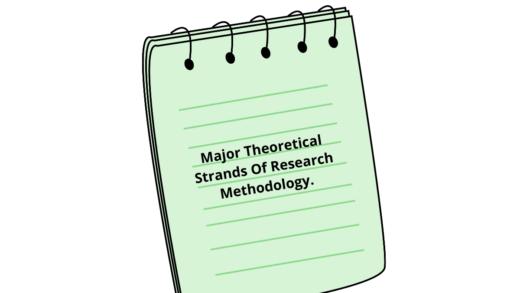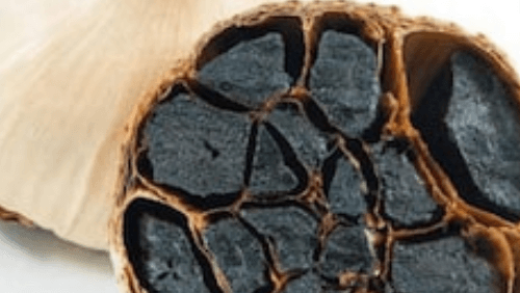- The Diseases That Pass On From Parents To Child are “hereditary diseases”.
- It can pass from both partners to a child.
- They are majorly caused by genetic mutations. Hence, the words “hereditary” and “genetic” are used interchangeably while mentioning inherited illnesses.
- However, there can be multiple factors for the occurrence of a hereditary disease like environmental factors.
In this article, we have mentioned the 10 most common diseases that pass on from parents to child.
1) Down syndrome.
- It is a genetic illness where a person borns with an extra chromosome, changing the method of their brain and body development.
- An extra copy of chromosome 21 exists in people suffering from DS, having three copies of the chromosome instead of the normal two.
2) Cystic Fibrosis.
- Usually caused by a gene alteration that distresses the cells secreting mucus, sweat, and digestive juices.
- In cystic fibrosis mucus becomes thick and sticky, causing severe damage to the bodily systems (especially respiratory, digestive, and reproductive systems).
- Children have received only one copy of the defective gene from parents who are carriers who could transfer the gene onto their children.
- But the ones who receive two copies of the faulty gene—one duplicate from each parent—will grow cystic fibrosis.
3) Klinefelter Syndrome.
- In this condition, a male is born with an extra X chromosome.
- Symptoms comprise breast growth, breast cancer, osteoporosis, etc.
4) Hemophilia.
- Commonly occurring in males.
- Deficiency of blood clotting process resulting in abnormal bleeding.
- The gene for hemophilia is found on the X chromosome. As males have an X and a Y chromosome, they receive only one copy of the X chromosome (from their mother). So, if their mother is a transferor of the mutated gene, they have more chance of getting hemophilia.
5) Huntington’s Disease.
- It is a hereditary condition that occurs in mid-life.
- Consequences include the progressive breakdown of nerve cells in the brain.
- Impaired brain and muscle function.
- It is an autosomal dominant disorder triggered by an inherited defect in a single gene.
- A person needs only one copy of the defective gene to develop this ailment.
6) Muscular Dystrophy.
- In this disease, defective genes restrict the production of important proteins needed for the development of healthy muscle.
- Signs like progressive muscle weakness and loss of muscle mass can be observed during the childhood stage itself.
7) Turner’s syndrome.
- Affects both males and females.
- Complete or partial missing of the X-chromosome causes turner’s syndrome.
- Symptoms include short body and absence of breast growth and periods.
- Hormone therapy can be used for its treatment.
8) Tay-Sachs.
- Tay-Sachs disease (TSD) is a deadly genetic ailment that as consequence leads to progressive destruction of the nervous system.
- Triggered by gene faults that tend to delete a vital enzyme called hexosaminidase-A (Hex-A).
- Transferors of the flawed gene have a 50% chance of carrying the gene to their children.
9) Spina Bifida.
- Spina bifida is caused as a result of the incomplete growth of the fetus’ spine during the first month of pregnancy.
- The disorder varies in degree, from minor with no symptoms to severe with nerve mutilation.
10) Sickle cell anemia.
- In this disease, the red blood cells in the body of individuals take a sickle-like shape from a normal oval structure.
- It is known to occur as a result of gene mutations in one or more genes that are responsible for encoding hemoglobin protein.
- The RBCs with modified genetic makeup make abnormal hemoglobin protein and attire a sickle shape.
- The ailment leads to chronic anemia damaging the heart, lungs, and kidneys.
- There is a 25% probability that a child will be born with sickle cell disease if both parents have the defective gene for sickle cell anemia.











